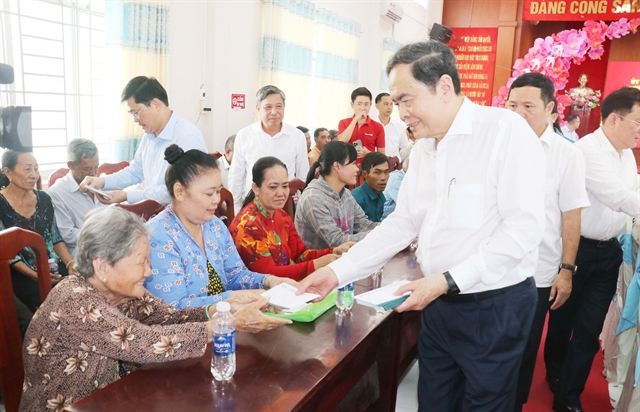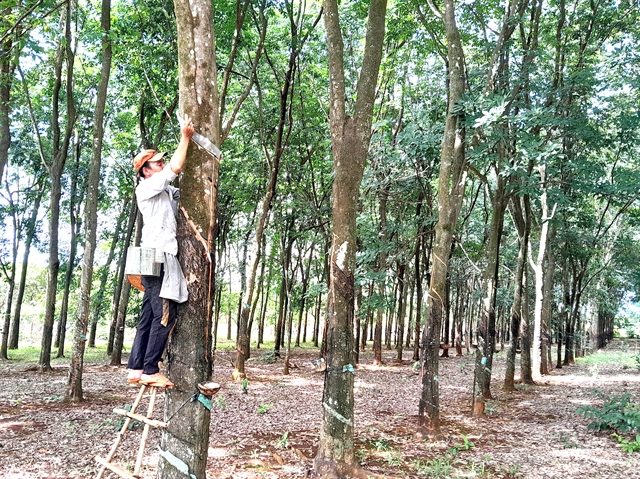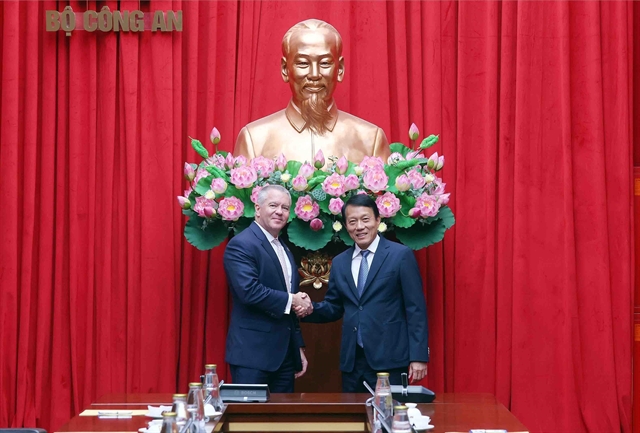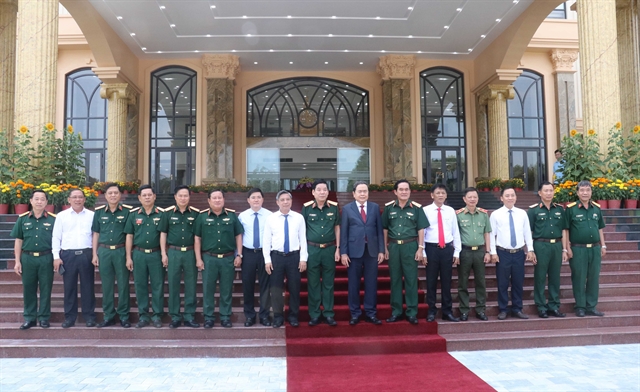 Society
Society

 |
| A rubber farm in Bình Phước Province’s Bù Gia Mập District. – VNA/VNS Photo |
BÌNH PHƯỚC – Bình Phước Province is developing linkages between various stakeholders in agricultural supply chain to improve farmers’ incomes and ensure sustainability.
The southeastern province has 425,000ha of farmlands, with large areas under industrial crops, according to its Department of Agriculture and Rural Development.
It is encouraging farmers to form co-operatives and co-operative groups to produce high-quality products, increase their output and meet market requirements.
It has 213 agricultural co-operatives, according to its Co-operative Alliance.
Nguyễn Thanh Phương, its chairman, said the province targets at least 30 per cent of agricultural co-operatives established with the support of the Farmers Association having linkages with companies and other economic entities in the agricultural sector and selling their produce.
According to the department, areas for farming and processing agricultural produce will be zoned and linkages created between various stakeholders in agriculture, animal husbandry and forestry.
Its key export products are pork, chicken, cashew, and wooden products.
To develop industrial crops, the province will focus on establishing value chains for their products and prioritise their exports.
For cashew, for instance, the province will develop linkages between farmers, co-operatives and companies and set up processing plants to produce high-quality products in consistent quantities.
It will develop the “Bình Phước Cashew" brand.
In the case of rubber, it will produce various rubber products such as latex, pillows, mattresses, tyres, and others.
It will grow pepper according to Vietnamese good agricultural practices, Rainforest Alliance and organic standards.
It exports more than US$4 billion worth of agricultural products a year, and is among the country’s top 20 cities and provinces in terms of exports.
It targets exports of $4.56 billion this year.
Its agricultural output was worth VNĐ17.5 trillion last year after achieving 10.3 per cent growth, the highest in the country, according to the department.
It eyes growth of 5 per cent this year.
Potential
Phạm Thuỵ Luận, director of the agriculture department, said the province still has ample room for developing agriculture, especially tech-based.
It grows a diverse range of high-quality agricultural products such as durian, red-pulp guava, green skin and pink flesh grapefruit, mangosteen, avocado, jackfruit, honeydew melon.
Most of them are grown to Vietnamese and global good agricultural practices standards, and recognised as products under the country’s “One Commune - One Product” programme.
The province has 3,801ha of farming areas that have received production codes to meet export requirements.
Its industrial crops like cashew, rubber, coffee, and pepper are exported to many markets, including the EU, South Korea, the US, Singapore, China, and Cambodia.
It has nearly 150,000ha of cashew, or 50 per cent of the country’s total, and 241,000ha of rubber (26 per cent).
It has attracted many large livestock breeding businesses and has 480 large animal farms.
It has two million pigs and 13.5 million poultry birds.
Under its zoning plan for 2021-30, the province will build a slaughterhouse, develop fruit orchards ecotourism destinations and form five fruit growing areas with a total of 5,000ha, a 3,000ha pepper growing area, and 9,500ha of high-tech animal husbandry by 2030.
By 2030 it will set up five high-tech agriculture zones of 68-650ha each.
It is soliciting investment in high-tech agriculture from major international companies.
It has many agricultural products that have been granted a collective brand name such as Lộc Ninh pepper, Thanh Lương backyard chicken Thanh Lương small-seed longan.
Its cashew has been granted the “Bình Phước Cashew” geographic indication.
It has 157 products under the “One Commune - One Product” programme with three to five stars, including foods, beverages and handicraft products.
Under its restructuring plan, by 2030, it will develop ecological, green, organic, and high-tech agriculture.
It will develop agriculture together with the processing industry, recycling of agricultural by-products and wastes and tourism services.
It will speed up digital transformation and increase the use of advanced agricultural techniques to increase yields and quality and secure outlets.
Experienced farmers, companies and organisations proactively use social media to teach farmers new farming techniques and introduce their products to consumers. – VNS




